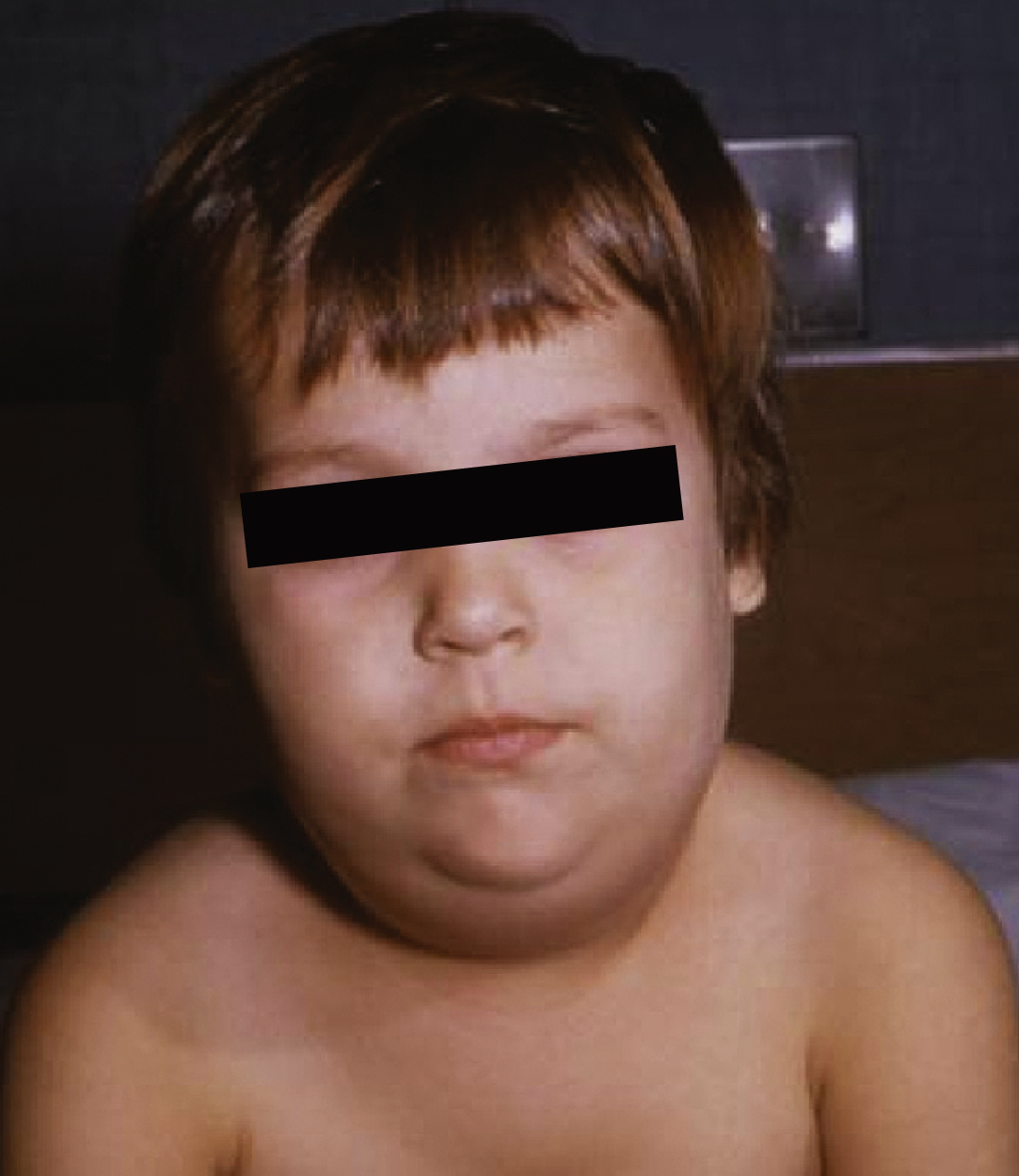mumps [D, mompen, to sulk] , an acute viral disease, characterized by a swelling of the parotid glands, caused by a paramyxovirus. It is most likely to affect children between 5 and 15 years of age, but it may occur at any age. In adulthood the infection may be severe. Passive immunity from maternal antibodies usually prevents this disease in children younger than 1 year of age. The incidence of mumps is highest during the late winter and early spring. The mumps paramyxovirus is present in the saliva of the affected individual and is transmitted in droplets or by direct contact. The virus is present in the saliva from 6 days before to 9 days after the onset of the swelling of the parotid gland. The time of maximum communicability is believed to be the 48-hour period immediately before the start of parotid swelling. The prognosis in mumps is good, but the disease sometimes involves complications, such as arthritis, pancreatitis, myocarditis, oophoritis, and nephritis. About half of the men with mumps-induced orchitis suffer some atrophy of the testicles, but, because the condition is usually unilateral, sterility rarely results. Also called epidemic parotitis, infectious parotitis. ▪ OBSERVATIONS: The common symptoms of mumps usually last for about 24 hours; they include anorexia, headache, malaise, and low-grade fever. These signs are commonly followed by earache, parotid gland swelling, and a temperature of 101° F to 104° F (38.3° C to 40° C). The patient also experiences pain when drinking acidic liquids or when chewing. The salivary glands also may become swollen. Complications, such as epididymoorchitis and mumps meningitis, may develop. In about 25% of the postpubertal men who contract mumps, epididymoorchitis with associated testicular swelling and tenderness that may persist for several weeks develops. Mumps meningitis develops in 10% of patients with mumps and occurs in three to five times as many male as female patients. Diagnosis of mumps is usually based on typical symptoms, especially parotid gland swelling. If the parotid gland is not swollen, confirming diagnosis may be based on serological antibody tests. ▪ INTERVENTIONS: The treatment of mumps commonly includes the respiratory isolation of the patient and the administration of analgesics, antipyretics, and fluids adequate to prevent dehydration associated with fever and anorexia. IV fluids may be administered to the patient who cannot swallow as the result of severe parotitis. ▪ PATIENT CARE CONSIDERATIONS: The patient is confined to bed and may be given antipyretics and tepid sponge baths to reduce fever. Patients with mumps are also encouraged to drink fluids and to avoid spicy or tart foods and those that require considerable chewing. During the acute phase of the disease, the nurse is especially alert to any signs of central nervous system involvement, such as nuchal rigidity and altered consciousness. All cases of mumps are routinely reported to local health authorities. Nurses aid public health education by stressing the importance of immunization with live attenuated mumps virus for children at 15 months of age and for susceptible people, especially males who are approaching puberty or who are past puberty. Immunization within 24 hours of exposure may prevent the disease or minimize its effects.

